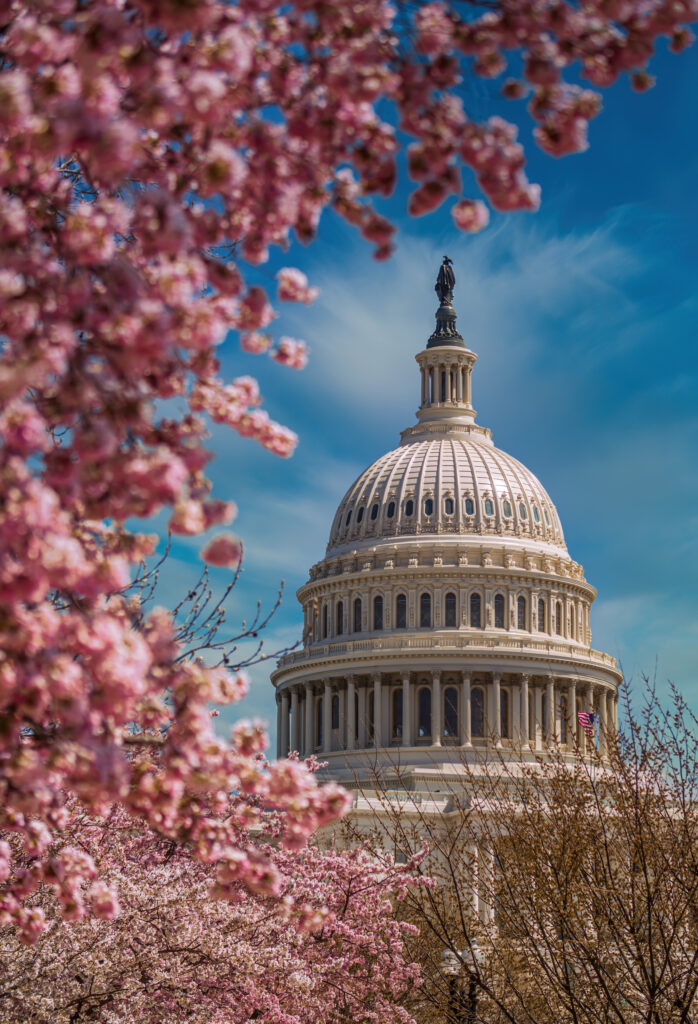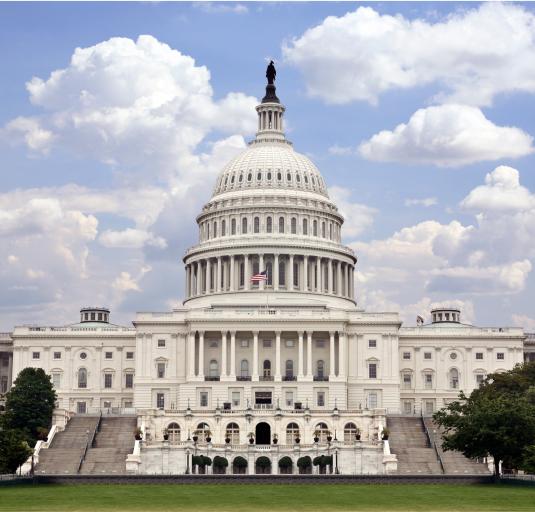Most Recent Newsletter
Vol. 103 March 2025

2025 Issues
2024 Issues
- Vol. 102 December 2024
- Vol. 101 October 2024
- Vol. 100 August 2024
- Vol. 99 June 2024
- Vol. 98 April 2024
- Vol. 97 February 2024
2023 Issues
- Vol. 96 December 2023
- Vol. 95 September 2023
- Vol. 94 July 2023
- Vol. 93 May 2023
- Vol. 92 March 2023
- Vol. 91 January 2023
2022 Issues
- Vol. 90 November 2022
- Vol. 89 October 2022
- Vol. 88 August 2022
- Vol. 87 July 2022
- Vol. 86 May 2022
- Vol. 85 April 2022
- Vol. 84 January 2022
Explore Issue Areas
Learn more about what AANS is doing to advocate for patient treatment, foster innovation, quality improvement and more.
Learn more about what AANS is doing to advocate for patient treatment, foster innovation, quality improvement and more.

